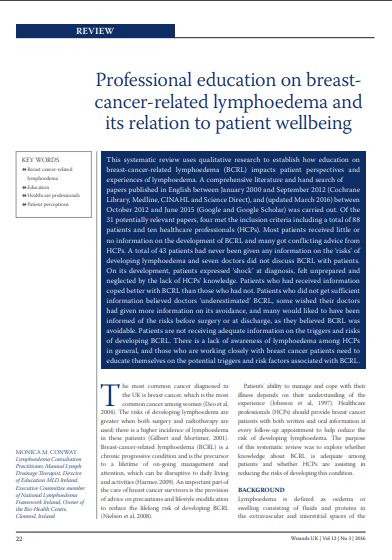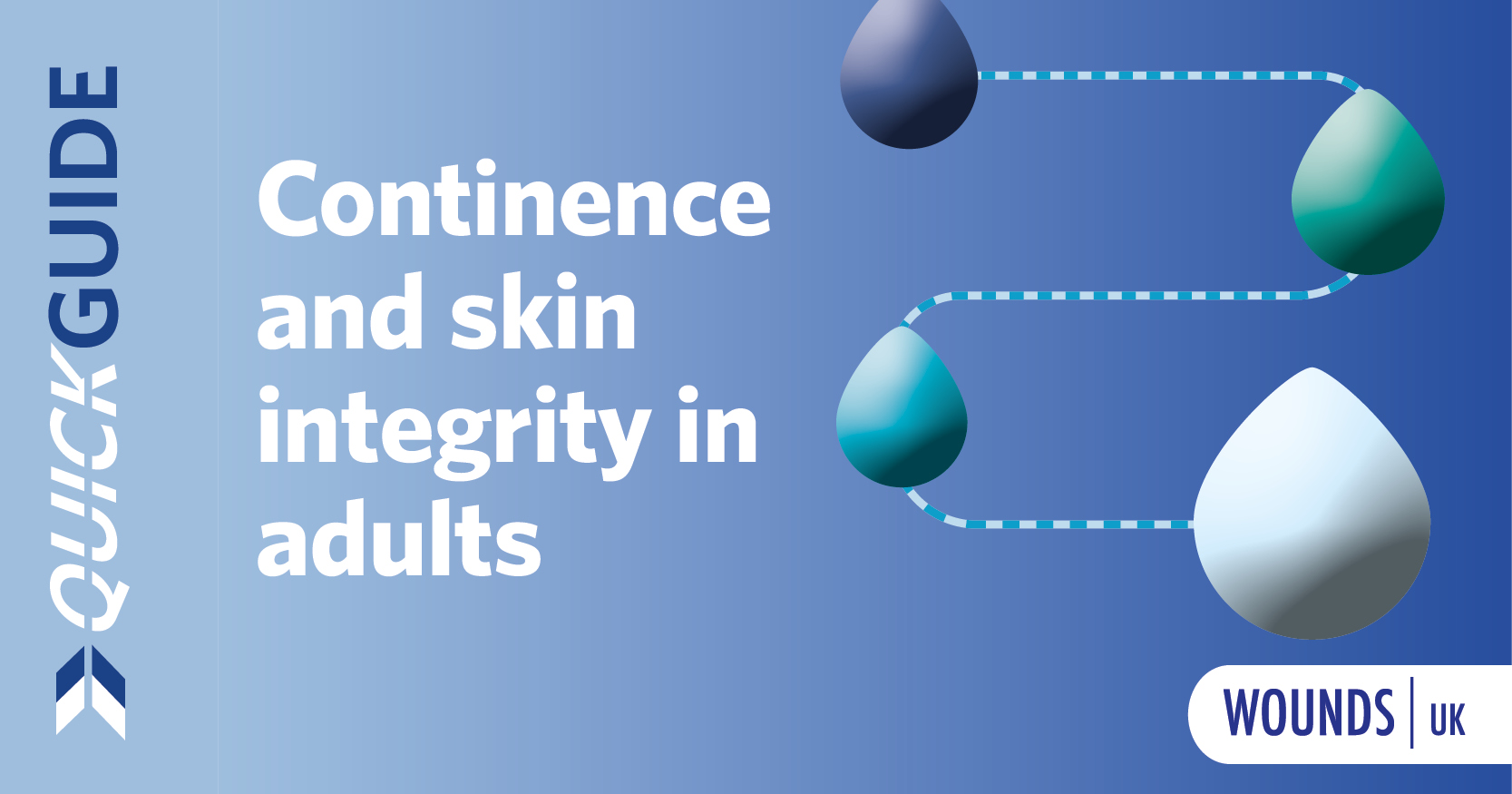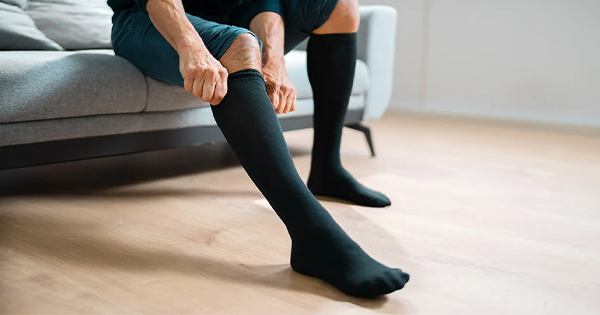This systematic review uses qualitative research to establish how education on breast-cancer-related lymphoedema (BCRL) impacts patient perspectives and experiences of lymphoedema. A comprehensive literature and hand search of papers published in English between January 2000 and September 2012 (Cochrane Library, Medline, CINAHL and Science Direct), and (updated March 2016) between October 2012 and June 2015 (Google and Google Scholar) was carried out. Of the 31 potentially relevant papers, four met the inclusion criteria including a total of 88 patients and ten healthcare professionals (HCPs). Most patients received little or no information on the development of BCRL and many got conflicting advice from HCPs. A total of 43 patients had never been given any information on the risks of developing lymphoedema and seven doctors did not discuss BCRL with patients. On its development, patients expressed shock at diagnosis, felt unprepared and neglected by the lack of HCPs knowledge. Patients who had received information coped better with BCRL than those who had not. Patients who did not get sufficient information believed doctors underestimated BCRL, some wished their doctors had given more information on its avoidance, and many would liked to have been informed of the risks before surgery or at discharge, as they believed BCRL was avoidable. Patients are not receiving adequate information on the triggers and risks of developing BCRL. There is a lack of awareness of lymphoedema among HCPs in general, and those who are working closely with breast cancer patients need to educate themselves on the potential triggers and risk factors associated with BCRL.





